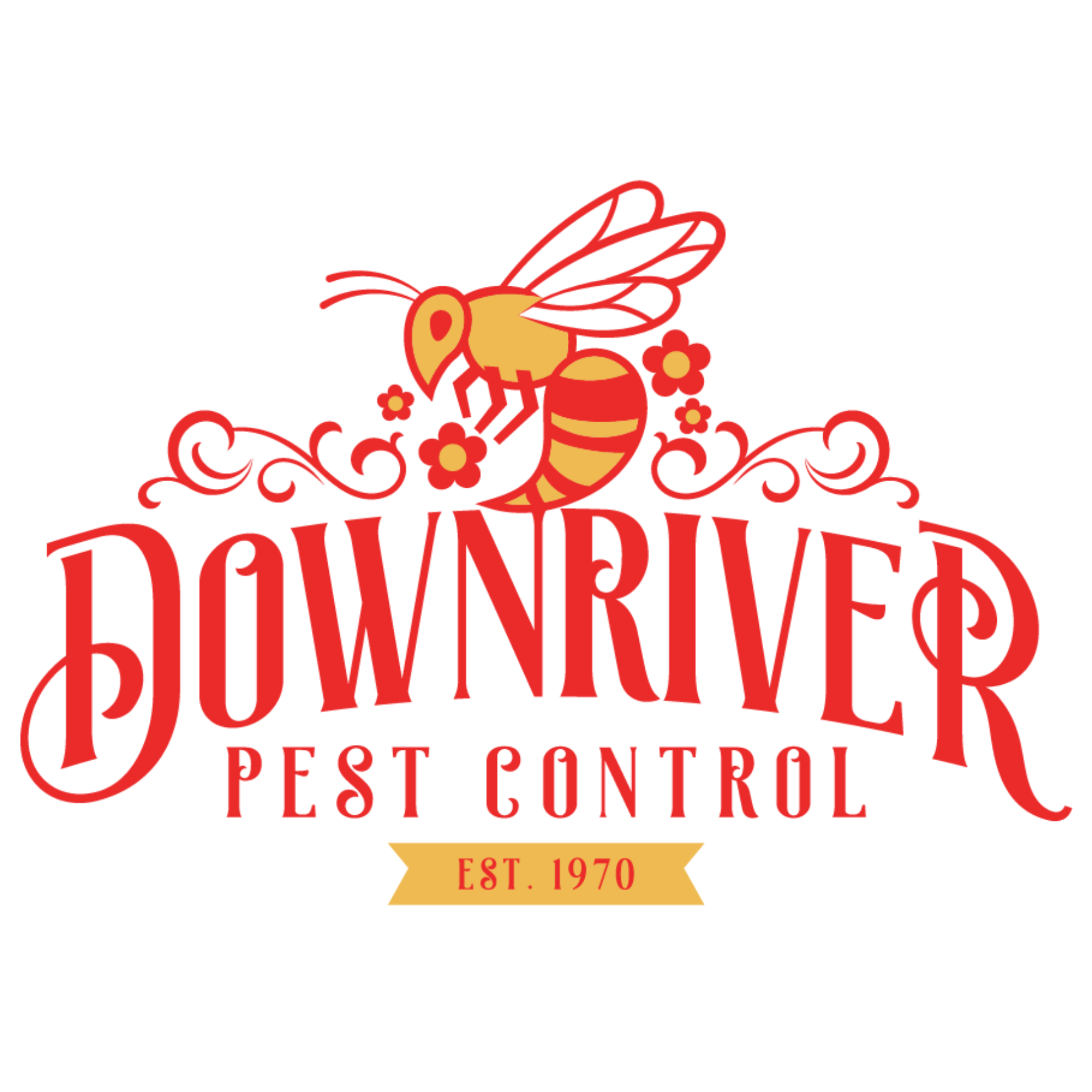Frequently Asked Questions
What is pest control?
- Pest control refers to the management and elimination of unwanted organisms (pests) that can harm human health, property, or the environment.
What are common household pests?
- Common household pests include ants, cockroaches, spiders, rodents (mice and rats), termites, bedbugs, and fleas.
Why is pest control important?
- Pest control is essential to protect health, prevent property damage, and maintain a safe and comfortable living or working environment.
What are the different methods of pest control?
- Pest control methods include chemical treatments, biological control, physical barriers, traps, and preventive measures like sanitation and sealing entry points.
Are chemical pesticides safe for humans and pets?
- When used according to label instructions, most chemical pesticides are safe. However, it's important to follow safety precautions and consider non-chemical alternatives when possible.
How can I prevent pests in my home?
- Prevent pests by keeping a clean environment, sealing cracks and openings, storing food properly, and removing standing water sources.
When should I hire a professional pest control service?
- Consider professional pest control services when you have a severe infestation, are dealing with potentially dangerous pests, or have tried DIY methods without success.
What is integrated pest management (IPM)?
- IPM is a holistic approach to pest control that combines multiple strategies to minimize the use of pesticides. It focuses on prevention, monitoring, and environmentally friendly solutions.
How can I get rid of bedbugs?
- Bedbug infestations typically require professional treatment. Vacuuming, laundering bedding, and sealing cracks can help prevent their spread.
What are the signs of a termite infestation?
- Signs of a termite infestation include hollow-sounding wood, discarded wings, mud tubes on walls or foundation, and damaged wood structures.
How can I keep pests out of my garden?
- Use companion planting, organic pesticides, and regular inspections to keep pests away from your garden.
Are there eco-friendly pest control options?
- Yes, eco-friendly pest control options include using natural predators, organic pesticides, and practicing good garden hygiene.
What should I do if I find a venomous spider or snake on my property?
- Keep your distance, do not provoke them, and contact a professional wildlife removal service to safely relocate or remove the animal.
How often should I schedule pest inspections for my home?
- Regular pest inspections, at least annually, are recommended to catch infestations early and prevent costly damage.
Are DIY pest control products effective?
- DIY products can be effective for minor pest problems, but for more significant infestations, professional help is often necessary.
What is the cost of professional pest control services?
- The cost varies depending on the type of pest, the severity of the infestation, and the size of your property. It's best to get a quote from a pest control company.
Is pest control safe for the environment?
- Many pest control companies offer environmentally friendly options. Ensure you discuss eco-friendly solutions with your chosen provider.
Can pests come back after treatment?
- Yes, pests can return if their entry points are not sealed, or if new infestations occur. Regular maintenance and preventive measures are essential.
Are there any natural remedies for pest control?
- Natural remedies, such as using essential oils or diatomaceous earth, can be effective for some pests but may not work for all infestations.
What should I do if I suspect a pest problem in my workplace?
- Report the issue to your employer or building management so they can arrange for professional pest control services to address the problem safely.
Always consult with a pest control professional for specific advice tailored to your situation.
BROWSE OUR WEBSITE
Phone: (313) 381-1877
Email: downriverpestcontrol@gmail.com
Proudly Serving all of Wayne, Oakland and Washtenaw Counties
Hours of Operation:
- Mon - Fri
- -
- Saturday
- Appointment Only
- Sunday
- Closed
VISIT OUR LOCATION
Content, including images, displayed on this website is protected by copyright laws. Downloading, republication, retransmission or reproduction of content on this website is strictly prohibited. Terms of Use
| Privacy Policy

